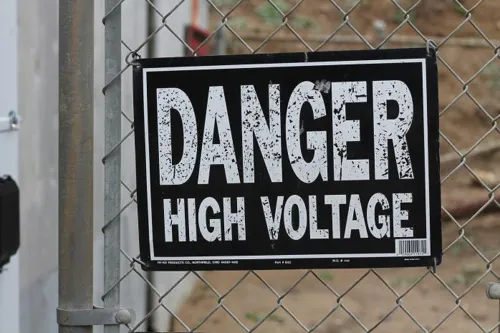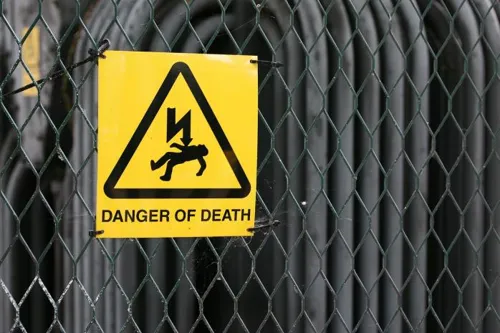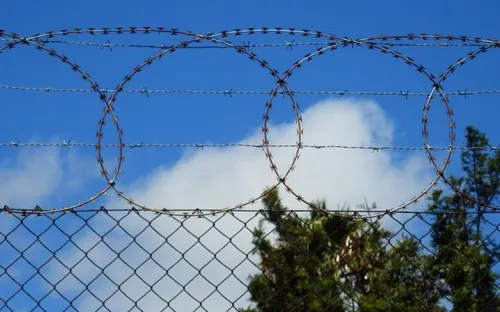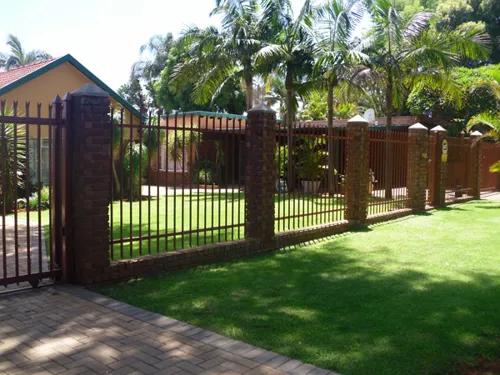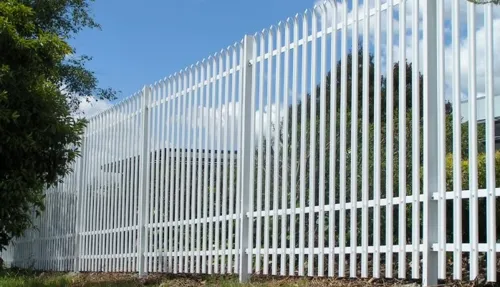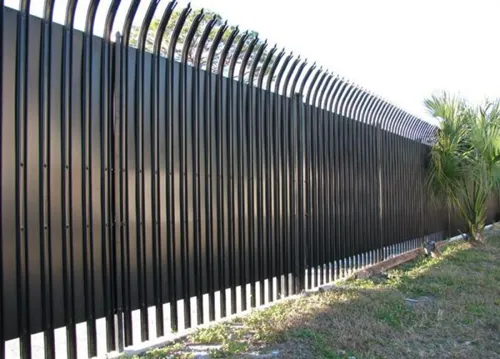Many property owners with electrical fences don’t know which legal requirements electric fencing should adhere to, or even that there are requirements.
Although electric fencing is a very effective method to deter intruders, unlike a CCTV camera or an alarm system, electric fencing can be dangerous.
Electric fence should be certified, have a compliant energiser, the required warning signs and adequate earthing to be considered safe.
Electric fence must meet the relevant legislation and standards. Here's what you need to know:
- All electric fences have to be certified.
- The normal Electrical Certificate of Compliance (ECoC) for the property’s electrical systems does NOT cover the electrical fence.
- The electric fence needs its own separate Electric Fence System Certificate of Compliance (EFSCoC).
- Qualified electricians that issue a ECoC may NOT issue the EFSCoC for the electrical fence. The EFSCoC can only be certified by a registered Electric Fence System Installer (EFSI).
- The energiser supplied with the electric fence must comply with SANS 60335-2-76 and have a certificate showing this.
- A new EFSCoC must be issued when major repairs have been done to the fence, or the energiser has been replaced.
Ensure beforehand that the company you hire has a registered Electric Fence System Installer (EFSI) employed that is able to issue an Electric Fence Certificate of Compliance (EFCoC) on completion of the job. Also ensure that they give you the certificate for the energiser.
Request free quotes for an electric fence from qualified Pros!
You can read more about the documents needed in the article What kind of permissions do I need for my electric fence, and where to get them?
What else should I know about my electric fence?
You are are criminally and civilly responsible for any injury caused by the electric fence if it does not have a valid EFCoC.
Non-compliance of electric fences could also potentially have costly consequences for owners submitting insurance claims.
Get quotes for an electric fence from verified local Pros!
Some other legal requirements:
- Electric fencing installed on the top of walls must be a minimum of 1.5 meters above ground level.
- If the electric fencing is freestanding, there must also be a barrier fence that is at least 1.5 meters high.
- The fencing should function in a way that it does not create a hazard or allow animals or people to become tangled in its wires.
- Razor or barbed wire may not be electrified.
- Electric fences installed next to public pathways or roads must be labelled with yellow warning signs with a minimum size of 100 mm x 200 mm. These labels should also be installed at access points and gates. The space between the labels may not be more than 10 meters in urban areas.
- There should be no more than 3 meters between posts.
- If the installation uses angled brackets, these must be mounted on the boundary wall’s inside and the maximum outward angle may not exceed 45 degrees.
- If angle brackets are to extend into neighbouring property, the neighbour must give consent.
Why are all these legal requirements needed?
Legislation introduced in the 1980s catered for non-lethal electric fences, but these electric fences were largely unregulated as they were predominantly installed in rural areas on farms to keep livestock in designated areas. As electric fences however became more popular in South African suburbs and cities, legislation had to be updated for the public’s protection.
At the time, ‘loopholes’ in the legislation were being abused by many companies and individuals posing as electric fence installers, and just about anyone could install electric fences. The public didn’t know any better and there was no way for them to determine if their new electric fence was compliant or even safe.
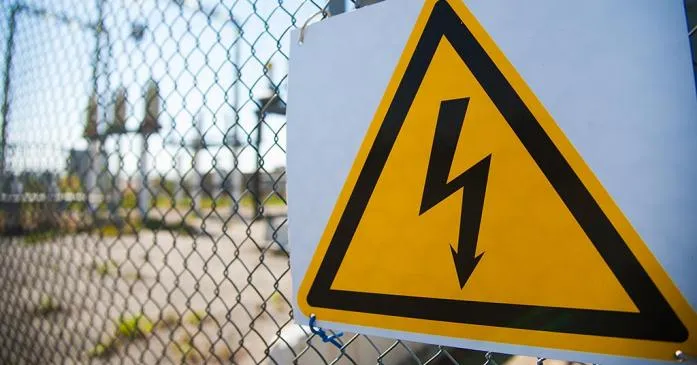
To summarize;
- electric fences are meant to be a deterrent, not a device that will kill an intruder.
- Nobody should be able to make “inadvertent contact” with it.
- Local bylaws may be stricter than the regulations quoted above.
Can I install the electric fence myself?
The law does not exclude anyone from installing an electric fence themselves if they meet all the specifications and regulations but the final issuing of a COC has to be done by a Registered Person.
Avoid making these mistakes for a safer electric fence
Can Electrical Fence System Certificate of Compliance be transferred from seller to the buyer?
Once obtained, the Electrical Fence System Certificate of Compliance (EFSCoC) can be transferred from one owner to the next, but his can only be done if the system hasn’t been changed after the original certificate was issued. When the property is transferred, the certificate must be handed to the buyer, while they should also be informed of their legal obligations.
How about electric fences erected prior to 1 October 2012 (date of the legislation change)?
Although electric fences that were erected prior to 1 October 2012 don’t require an EFSCoC, the seller will have to obtain one when the property is sold. A registered Electric Fence System Installer can issue an EFSCoC that is based on the applicable legislation when the fence was first installed.
12 steps to make sure your electric fence will keep intruders out
What should I do if I haven’t got an EFSCoC for my electric fence?
If you are a property owner and don’t have an EFSCoC for your electric fence, you should immediately get a registered EFSI to issue one or, if the fence is non-compliant, get all issues fixed and then get an EFSCoC issued.
